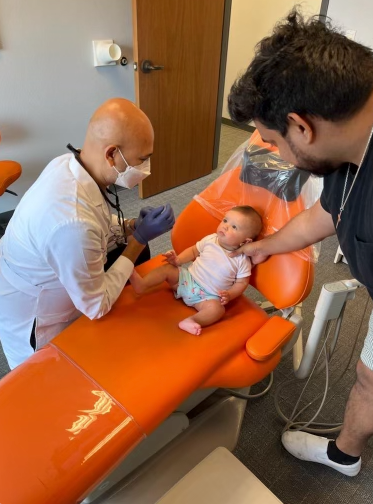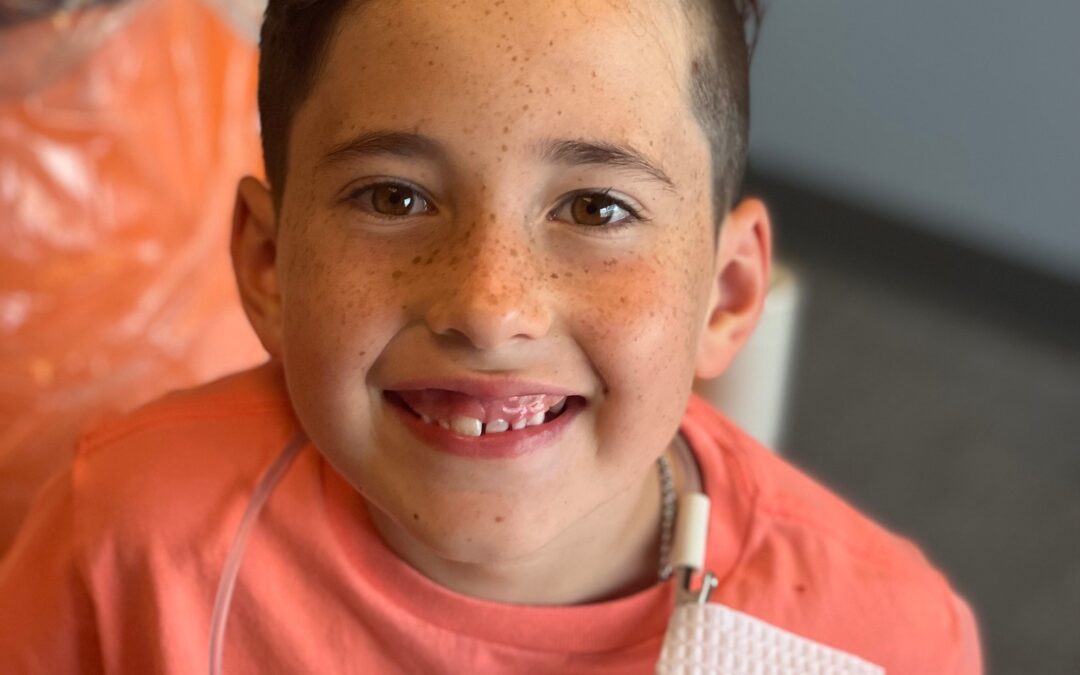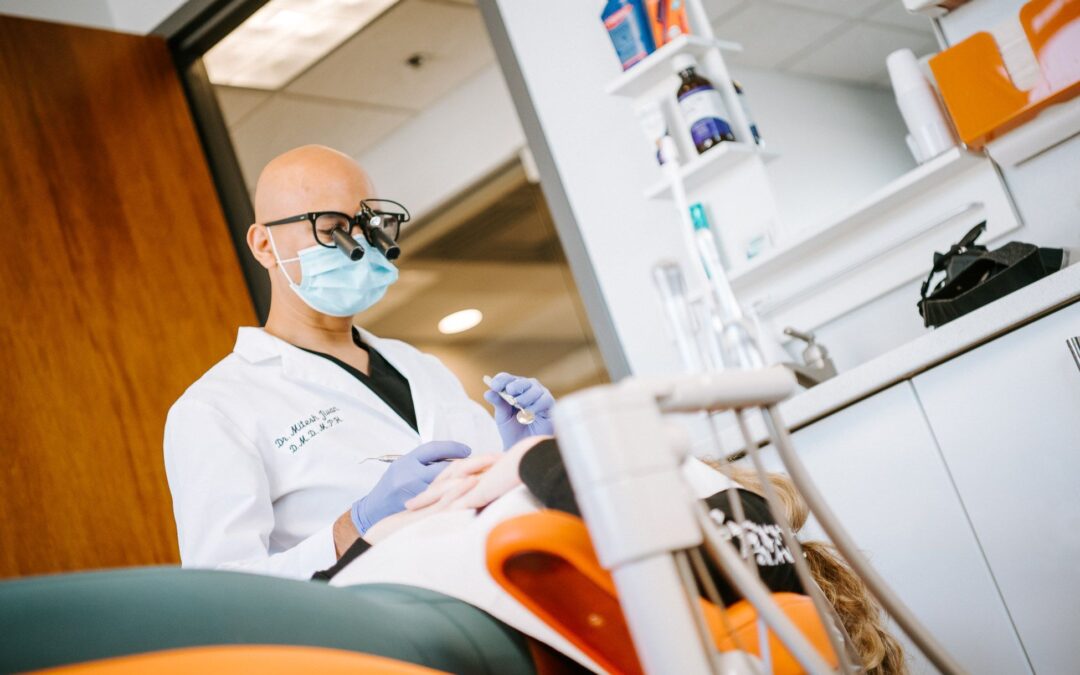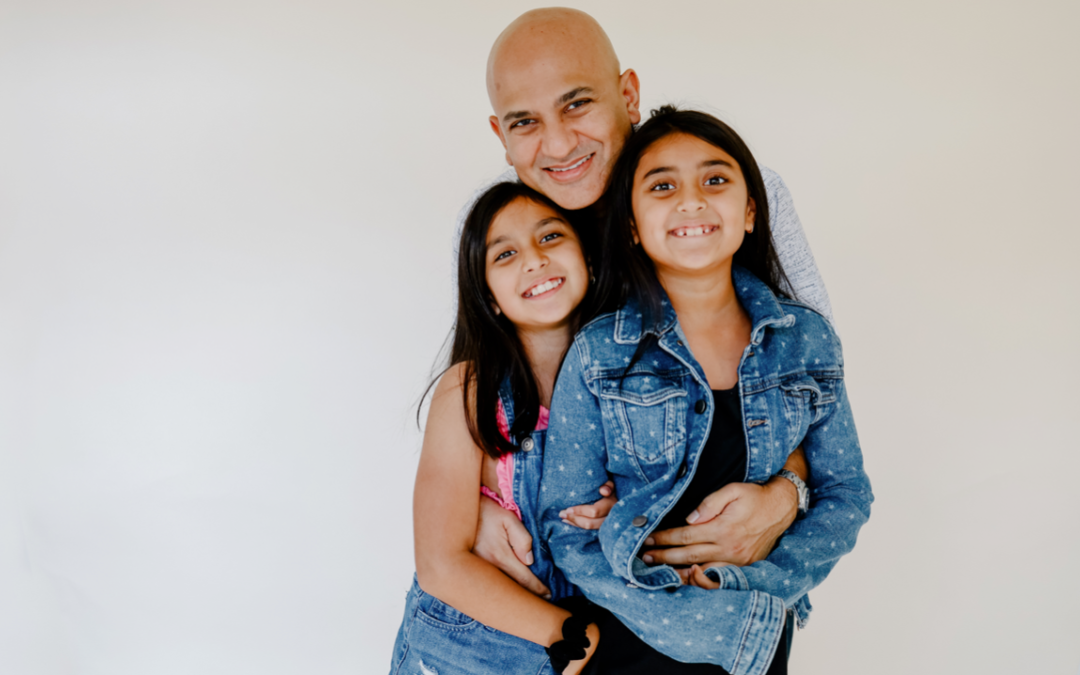
GET YOUR KIDS TO THE DENTIST BEFORE SCHOOL RESTARTS
GET YOUR KIDS TO THE DENTIST BEFORE SCHOOL RESTARTS
Taking care of children’s oral health is a task that needs to be maintained after the eruption of the first baby teeth. If these are not treated correctly, more complex problems can arise, affecting the health of the child’s mouth.
Baby teeth decay is one of the leading oral health problems among children in our country. Child untreated cavities can lead to difficulties with eating, speaking, and daily routines. It is essential that, in children’s oral health education for younger children, both parents and dentists are involved, teaching them the correct brushing habits and oral hygiene to incorporate into their daily life.
By educating children about their oral hygiene, we help them to understand this task as part of their daily routine by performing it naturally and maintaining it to prevent the development of future health problems.
There is a direct relationship between oral health and general health; it is essential to help our children take care of their oral health, establishing healthy habits that will have an impact on their smiles and their health. General to adulthood. Following correct daily oral hygiene takes care of the health of children’s teeth and gums, thus avoiding the common problems that a large part of the population currently suffers.
Starting oral hygiene at an early age
Children must start taking care of their teeth as early as possible. At first, parents will carry out this daily care and then teach them to do it later on their own. Tooth brushing should start with the appearance of the baby’s first teeth, making it a daily habit.
For this purpose, there are toothbrushes, toothpaste, and mouthwashes suitable for different ages available on the market.
Calcium intake is essential at an early age for the proper formation of teeth. The deficiency of certain minerals in critical periods of dental development is related to a greater predisposition to suffer from dental caries.
Establish a routine schedule
It is imperative to establish a routine schedule for oral hygiene for children to brush their teeth, preferably when they get up, after eating, and before going to bed. This last brushing is essential, as the bacteria have to act and form the dental biofilm all night. Creating this daily routine with schedules makes it easier for children not to forget to brush their teeth when they should.
Have fun while learning
Instead of making teeth cleaning a chore, we can approach it as fun using songs, videos, and dances to help them learn more efficiently.
Let them choose their favorite hygiene products
There is a wide range of accessories and oral hygiene products for children, from which they can choose the ones they like best. This way, they also feel part of the process and, therefore, are more motivated.
The example is set at home
Children learn by imitation. If we want our children to learn to take care of their oral hygiene, we must lead by example. When brushing teeth is part of the family routine, children will get used to making it a daily habit.
Regularly visit the dentist
Children must visit the dentist at least a couple of times a year, even if they still have baby teeth. At this stage of life, when children are in full development, it is a crucial time to detect health problems or malformations that only a dental professional can see.
In most cases, this will be a simple check-up where the dentist checks that your teeth are developing correctly. If any problems are detected, solutions can be found immediately.
Get the proper nutrition
A balanced diet is essential to take care of children’s teeth. Sweets, which they like so much, are the main culprits in the formation of cavities, so it’s essential not to abuse sugary foods and teach them to eat healthier.
Proper technique and two-minute brushing time
It is highly recommended to accompany our children while they brush their teeth to verify that the time they spend is adequate and supervise the technique with which they do it. To eliminate most of the bacteria that settle in the mouth, teeth should be brushed for at least two minutes. Dr. Jivan insists on the importance of combining both technique and duration.
Change the toothbrush every three months
It is advisable to renew the Toothbrush approximately every three months, as the bristles begin to open and wear out, making brushing incorrect. Also, children often play with the Toothbrush by biting it, making it less effective.




Recent Comments